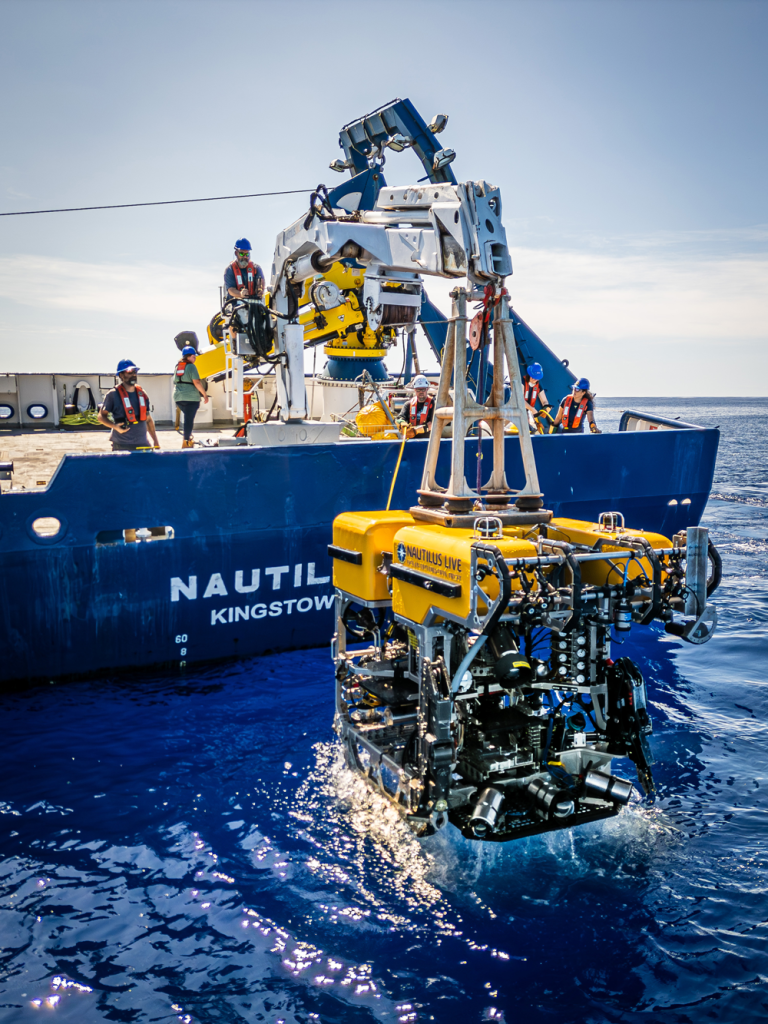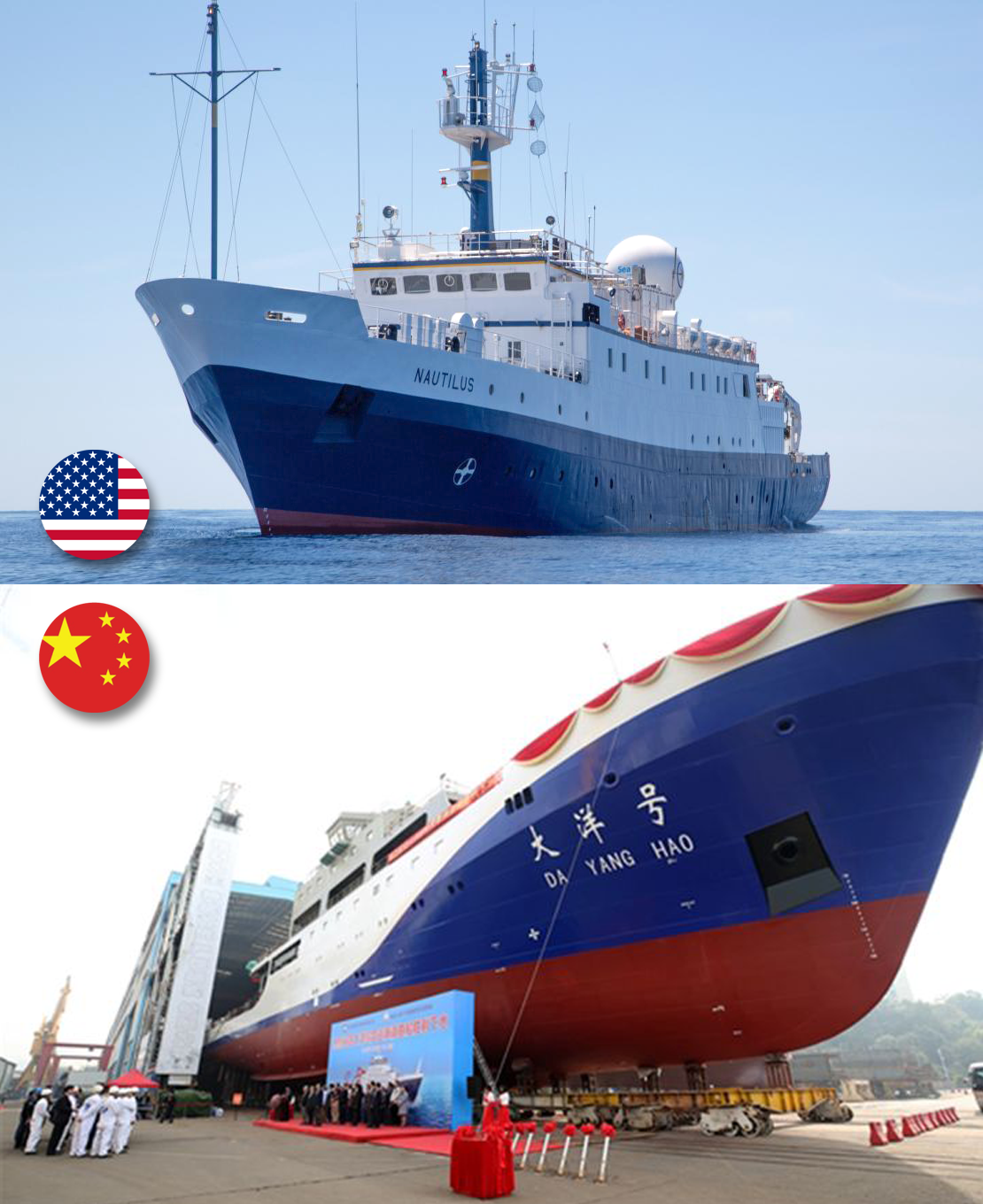Playing with the big boys
The Cook Islands has an enormous amount of valuable minerals, contained in what are known as polymetallic nodules, on its deep-sea floor. These nodules are rich in manganese, cobalt, nickel, and copper. Mining them could be a major source of income for the country, thereby significantly reducing our reliance on tourism. The potential royalties and taxes from this industry could fund essential infrastructure and social programs. This promise of economic transformation is a powerful incentive for a small island nation with limited natural resources.
However, this economic potential is overshadowed by serious environmental risks. The deep-sea ecosystems where these nodules are found are extremely fragile and largely unexplored. Our scientific understanding of how deep-sea mining would affect them is very limited, which is a major concern for scientists, environmental groups, and local communities. The primary environmental concerns include:
- Habitat Destruction: The mining process involves large machinery scraping the seabed, which would directly destroy unique deep-sea habitats.
- Pollution: Mining would create widespread plumes of sediment that could drift for many kilometers. These plumes could smother marine life and impact critical fisheries like tuna, which are vital for both food security and income. Wastewater holding pollutants from the mining process, would be returned at a shallower depth, impacting marine food chains.
- Noise and Light: The constant noise and artificial light from mining vessels and machinery would disrupt marine animals including whales, dolphins, seabirds and others that rely on sound or light for communication and navigation.
- Biodiversity Loss: Deep-sea environments host unique species, and disturbing these ecosystems could lead to irreversible biodiversity loss with unknown consequences for the wider marine environment.
- Disruption of Ecosystem Services: The deep ocean provides essential "free" services, such as generating oxygen and acting as the world's largest carbon sink. Disturbing the seafloor could reduce the ocean's ability to provide these services we need to live.

The environmental concerns are made more complex by the involvement of two global superpowers: China and the United States. Both nations are actively exploring and investing in deep-sea mining technology in the region. This has created a geopolitical rivalry, with each country trying to gain a strategic foothold. Both will have deep sea research vessels in the Cook Islands Marae Moana in the next few months.
China's approach often involves offering development aid in exchange for access to resources. Many of its research vessels are operated by state-affiliated organizations with close ties to the military. The data collected on deep-sea currents and depths can be used for both commercial mining and military purposes, such as submarine navigation. This raises concerns that the Cook Islands could become a military foothold in the Pacific.
The US views securing these minerals as crucial for its national security and technological advancement. While the National Oceanic and Atmospheric Administration (NOAA) claims its research is purely scientific, the strong political and economic interests of the US raise questions about potential conflicts of interest. The US would likely be very concerned about a significant Chinese presence in the Cook Islands' waters, which could escalate the superpower rivalry in the region.
The Cook Islands is in a difficult position, trying to attract investment and at the same time avoiding becoming a pawn in this power struggle. The country's sovereignty and independent decision-making could be compromised by allowing either nation to explore without strict oversight.
The path forward is challenging and requires a cautious approach. A key priority is to establish strong regulatory frameworks and environmental safeguards. This means thoroughly assessing the risks and ensuring independent scientific oversight. The research needed to make an informed decision on whether to mine or not will take many more years, and for the health of the ocean, this decision cannot be rushed. This is why we are pushing the Government to support a moratorium on deep seabed mining. For the health of our ocean and our future.

